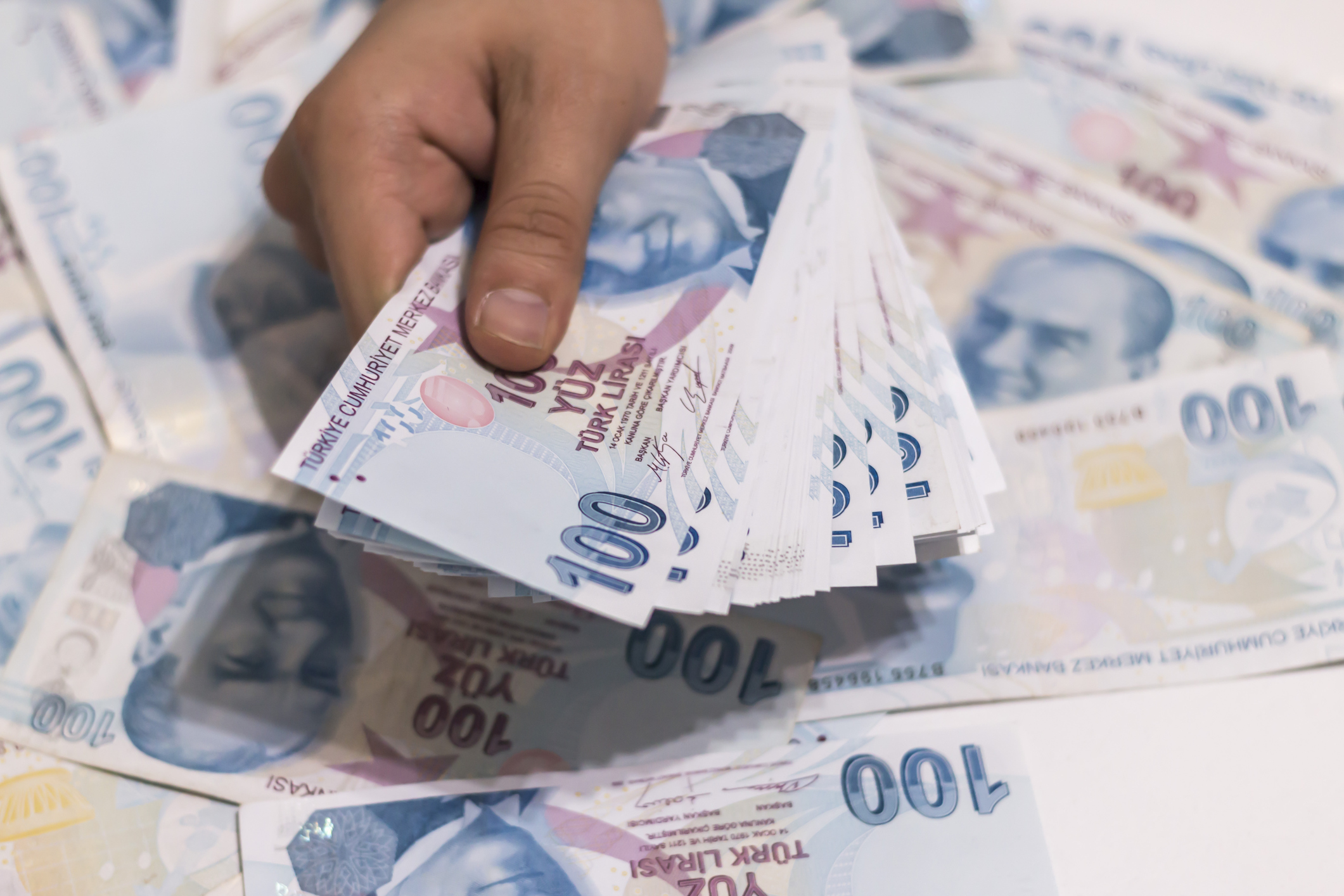Author: Wachirawat Banchuen and Chinnachod Thaerapanyaporn
![iStock-872965802.jpg]()
![Event.png]() |
![885_20100622103059.gif]()
|
- Turkey’s economic conditions have been significantly vulnerable for quite a while. The situation can be seen from on-going current account deficit, high ratio of external debt to GDP, and low ratio of foreign exchange reserves to short-term external debt in comparison to other new markets.
- Investors became more concerned as political conflicts got worse. On August 10, 2018, the U.S. announced a doubling of steel and aluminum tariffs to 50% and 20% respectively in order to pressure Turkey politically. In retaliation, Turkey announced doubled tariffs on imports from U.S. including passenger cars to 120%, alcohol to 140% and tobacco to 60%.
- The Turkish lira has lost its value against U.S. dollar by 63% since early 2018. Since August 1, 2018, the Turkish’s lira currency has weakened by 24%, while 10-year government bond yield rose by 2% to 20.12%, and Turkey’s stock exchange market fell by 6.34%.
|
![Analysis.png]() |
![884_20100622103051.gif]()
|
-
Turkey’s financial crisis is primarily due to the country’s economic vulnerability. Turkey’s economic structure is fragile with frail internal and external instability. Internally, Turkey faced 15.1%YOY increase in core inflation rate in July this year, a rate which is much higher than average of new markets. Externally, Turkey has long been with current account deficit since 2009. The deficit consistently grows and reached 7% in the first quarter of 2018. Additionally, Turkey’s ratio of total external debt to GDP has been on a rise. In 2017, the ratio was 53.5%, a jump from 36.6% in 2007. With most debts being short-term, Turkey’s ratio of foreign exchange reserves to short-term external debt was lower than 100% in 2017 which is very low in comparison to most new markets. Based on these economic conditions, investors’ confidence in Turkey’s financial stability got weakened, leading to smaller exposures in the country. As a result, Turkey’s lira has extremely lost its value while the government bond yield improved and stock exchange index dipped.
-
Turkey-U.S. political tensions lead to bigger worry about Turkey’s weak economy. Turkish high court rejected appeal for a release of U.S. pastor Andrew Brunson who was accused of helping plot a coup attempt against Turkish President Recep Tayyip Erdogan in 2016. Turkish government has been dissatisfied that the U.S. has given no condemnation regarding the coup and refused to hand over Fethullah Gulen who now resides in the States. The Turkish authority suspects Gulen to be responsible for orchestrating such failed coup attempt. These U.S.-Turkey tensions have turned Turkey’s far-from-over economic vulnerability into a financial crisis as investors’ confidence plunged.
-
Turkey’s incapability to solve its long-term economic imbalance has led to a loss of its central bank’s policy credibility. Turkish inflation rate has continued rising in the last two years due to the supremely weak currency and the public’s expected long-term inflation rate[1] which increased from 8% during the end of 2017 to 16.3% in July 2018. This reflects a potential that Turkey’s central bank could lose its policy credibility as it failed to control the long-term inflation expectation. As a result, formulation economic policy going forward would be even more challenging. Additionally, the central bank’s decision to maintain policy rate in July is considered a weak sign for central bank independence.
|
![Implication.png]() |
![886_20100622103105.gif]()
|
-
EIC sees limited impacts on Thailand from Turkey’s financial crisis as Thai exports to Turkey are not large and Thailand’s economy is fundamentally strong. In 2017, Thailand’s exports to Turkey was accounted for only 0.5% of all exports. Main exports to Turkey include cars and air conditioners. As such, the impacts from Turkey’s financial crisis on Thai exports is expected to be limited.[1] Moreover, Thailand’s economy has strong external stability with firm financial cushion; current account surplus of 11% of GDP, foreign exchange reserves to short-term external debt ratio at 3.42%, and foreign exchange reserves in March 2018 at a total value of 206.95 billion dollars (43.52% of GDP). In terms of Turkey’s crisis’ impacts on Thailand’s financial market, short-term fluctuation is inevitable as investors see Turkey’s crisis to possess contagion risk to other EM markets, leading to risk-off sentiment. As a result, most stock indexes and currencies of EM markets including Thailand have weakened recently. However, in the near future, EIC believes that once the concern about Turkey’s crisis is over, capital flow would return to Thailand’s financial market as investors are likely to be confident in Thailand’s strong external stability.
-
No easy solution to Turkey’s economic troubles. It would take time for all chronic problems to be solved. IEC believes Turkey’s policy response would be nothing but challenging. There are three ways IEC sees possible. (1) Policy Rate Hike to slow down devaluation of Turkish’s lira and inflation rate. However, with inflation and expected inflation rates being high, the central bank would need to greatly raise the policy rate accordingly which would be risky for economic expansion and could lead to a slowdown or even a recession. (2) Capital Control to reduce capital outflow from Turkey and slow down devaluation of Turkish’s lira. However, at the same time this controlling policy could affect investors’ confidence and capital inflow. (3) IMF Support Turkish government has said no to this option. However, with the pressure from other countries and low foreign reserves, the Turkish government might have to request for IMF support which would lead to policy response as per IMF strictly requires.
|
